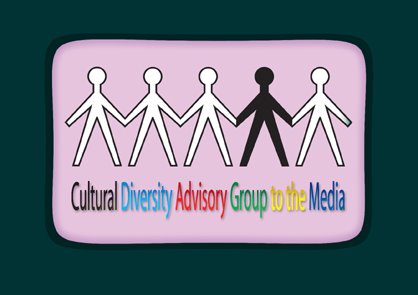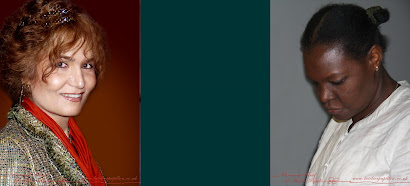
Say it loud ..........
BLACK HISTORY
MONTH
Southampton
Guide 2008
60th Anniversary of the Docking
of The Empire Windrush
Black History Month 2008
Southampton is a "City of Diversity" and becoming increasingly more diverse as the years go by. It is self evident that the city is richer because of the varied cultures and backgrounds of the different peoples who contribute to the culture and life-style of the city. The black communities are part of that culture and Black History Month again provides the opportunity for the city
to celebrate this.
This year, the 60th Anniversary of the arrival of the "Empire Windrush” is a special time for Southampton, and even though the "Windrush" itself did not bring many Caribbean people to this city , it has become an international symbol of post-war immigration from the Caribbean and was the vanguard for many other ships that came to Southampton from the many islands of
the Caribbean. History tell us that a substantial number of people who settled in the UK from the Caribbean; came through Southampton.
Black History Month 2008 offers a wide range of events and activities from Theatre to Fashion Shows to Football Matches and also a number of ways to further examine the historical and social impact of black people in Southampton past and present and their contributions to the history of the city.
Black History Month also presents opportunities for a further appreciation of African/Caribbean people that goes beyond what is generally known and also helps to counteract unhelpful myths and stereotypes that contribute to misunderstandings, at best and racism, at worst. It is my hope that Black History Month 2008 in Southampton will play its part in this national and International acknowledgement and celebration of Black Culture
When the story of Mary Seacole is as well known as that of Florence Nightingale in the history of the Crimean War and the development of nursing we will have achieved the aim of Black History Month.
Dr John Beer
Executive Director of Communities and Regeneration Southampton City Council
The objectives of Black History Month are to:
Promote knowledge of black history and experience.
Disseminate information on positive black contributions.
Heighten confidence and awareness of black people in their cultural heritage.
Black History Month Launch
Wednesday October 1st
By the Right Worshipful Mayor of Southampton Councillor Brian Parnell Black History Month will, for the first time, be launched at Southampton City Art Gallery to herald a month of activities over October. These will include exhibitions about the presence of black people in Southampton over the last 500 years, the "Back to Black fashion Show", looking at black women's fashions from the 1940s to now, A special football match between Southampton v Watford alongside the Southampton black footballers exhibition ,variety of presentations and contributions from schools and young people from the city and music concerts
and plays.
.
For further details please contact Black History Month Co-ordinators:
- Don John
don.john@southampton.gov.uk
- Jayanti Shah
jayanti@positivemessage.co.uk








